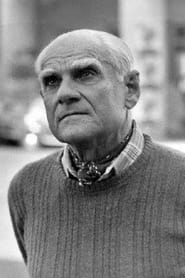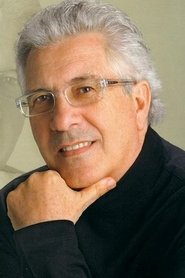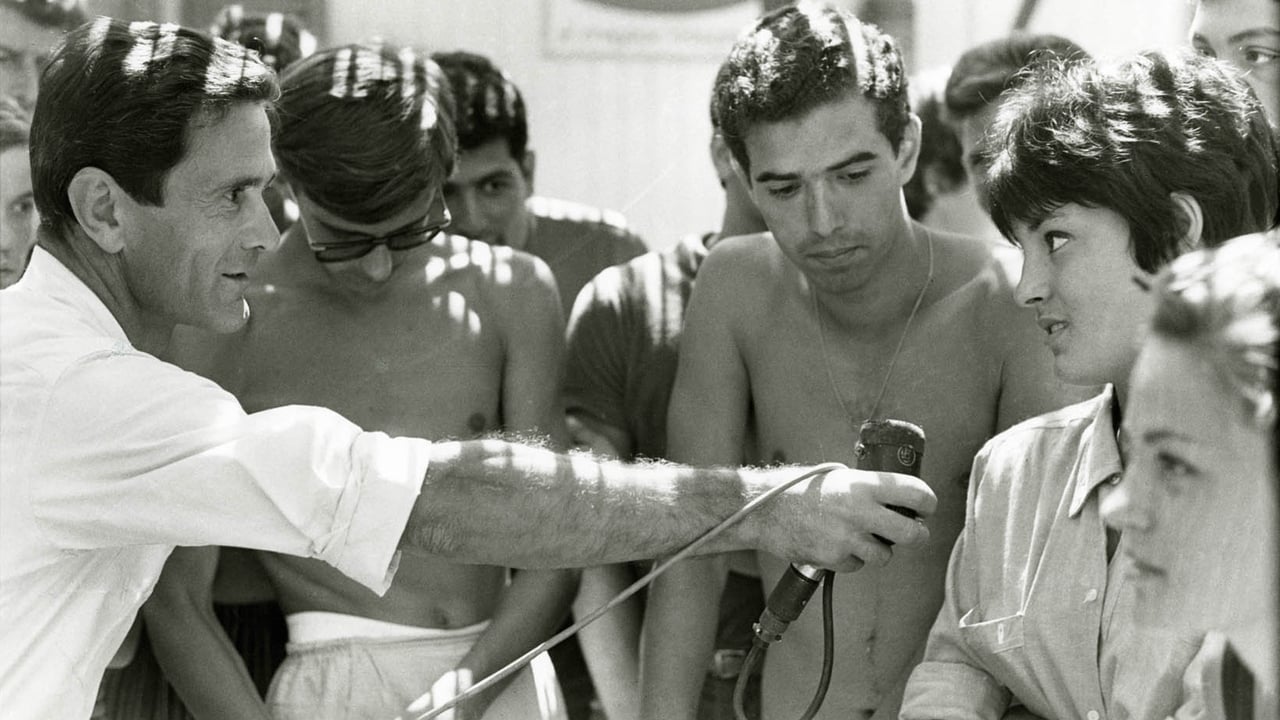
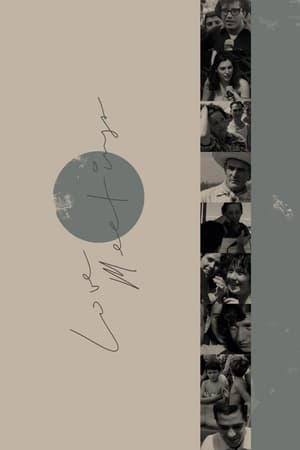
Love Meetings(1965)
Pier Paolo Pasolini sets out to interview Italians about sex, apparently their least favorite thing to talk about in public: he asks children if they know where babies come from; asks old and young women if they support gender equality; asks both sexes if a woman's virginity still matters, what do they think of homosexuality, if divorce should be legal, or if they support the recent abolition of brothels. He interviews blue-collar workers, intellectuals, college students, rural farmers, the bourgeoisie, and every other kind of people, painting a vivid portrait of a rapidly-industrializing Italy, hanging between modernity and tradition — toward both of which Pasolini shows equal distrust.
Movie: Love Meetings
Top 10 Billed Cast
Narrator (voice)
Self - Psychoanalyst
Self - Football Player
Self - Football Player
Self - Football Player
Self - Poet
Self - Writer
Video Trailer Love Meetings
Recommendations Movies
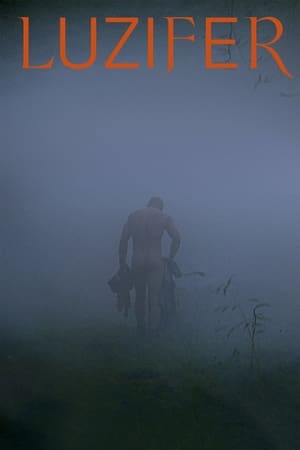 6.0
6.0Luzifer(de)
Johannes, an innocent, Kaspar Hauser-like man with the heart of a child, lives secluded in an alpine hut together with his eagle and his devout mother. Daily life in this isolated world is governed by prayer and ritual. But suddenly, modern objects and disruptive noises intrude between nature and worship. A tourist development threatens to poison their paradise and awaken the devil.
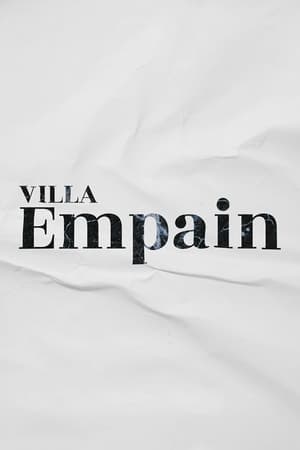 5.6
5.6Villa Empain(fr)
Villa Empain was conceived by a Belgian philanthropist as his private home. After its completion in 1934, Louis Empain donated the property to the state. Since then, the exquisite building has served as a Soviet embassy, a TV studio, etc. Only since 2008 does it fulfil its original destination: a haven for art.
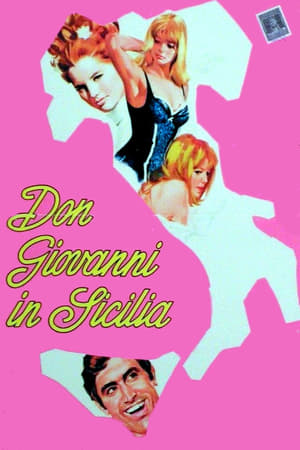 5.2
5.2Don Juan in Sicily(it)
Giovanni Percolla lives in Catania surrounded by the attentive cares of his three sisters. He permanently acts like a Don Giovanni to hide his real poor "knowledge" of women. With his friend he moves also to Rome but women still continues to remain part of his fantasies. But Giovanni succeeded to build anyway a fame of "tombeur de femmes". One day he meets the real love of Maria Antonietta and decides to marry. Will things change?
 6.0
6.0METAMODERNITY(en)
One person is born out of his consciousness. As he looks into his inner self as well as observes the world around him, he goes on a journey to find his own voice and color.
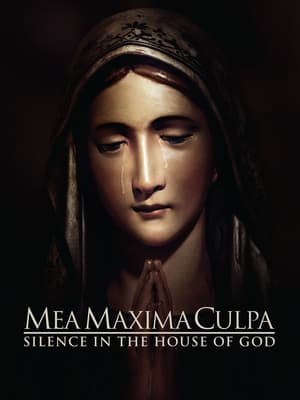 7.3
7.3Mea Maxima Culpa: Silence in the House of God(en)
Academy Award®–winning documentary filmmaker Alex Gibney (Taxi to the Dark Side) explores the charged issue of pedophilia in the Catholic Church, following a trail from the first known protest against clerical sexual abuse in the United States and all way to the Vatican.
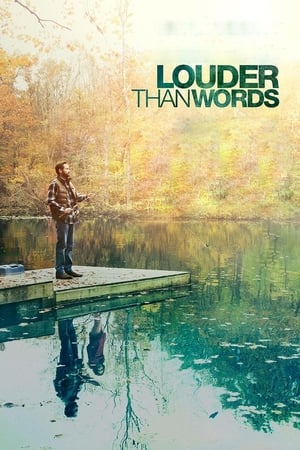 5.7
5.7Louder Than Words(en)
After the unexpected death of their daughter, a couple work to build a state of the art children's hospital where families are welcomed into the healing process.
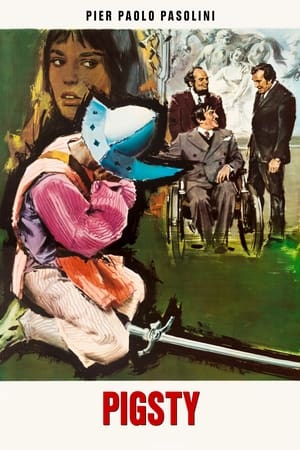 7.1
7.1Pigsty(it)
Two dramatic stories. In an undetermined past, a young cannibal (who killed his own father) is condemned to be torn to pieces by some wild beasts. In the second story, Julian, the young son of a post-war German industrialist, is on the way to lie down with his farm's pigs, because he doesn't like human relationships.
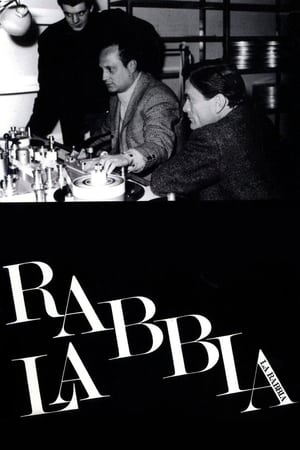 7.1
7.1La Rabbia(it)
Documentary footage (from the 1950s) and accompanying commentary to attempt to answer the existential question, Why are our lives characterized by discontent, anguish, and fear? The film is in two completely separate parts, and the directors of these respective sections, left-wing Pier Paolo Pasolini and conservative Giovanni Guareschi, offer the viewer contrasting analyses of and prescriptions for modern society. Part I, by Pasolini, is a denunciation of the offenses of Western culture, particularly those against colonized Africa. It is at the same time a chronicle of the liberation and independence of the former African colonies, portraying these peoples as the new protagonists of the world stage, holding up Marxism as their "salvation", and suggesting that their "innocent ferocity" will be the new religion of the era. Guareschi's part, by contrast, constitutes a defense of Western civilization and a word of hope, couched in traditional Christian terms, for man's future.
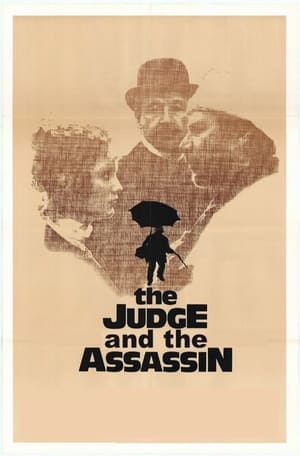 6.9
6.9The Judge and the Assassin(fr)
France, 1893. Joseph Bouvier attempts to shoot his love who refused to marry him and to commit suicide. Upon release from the filthy asylum where he was placed, with bullets still remaining in his head, he wanders the country roads and rapes and murders many teenagers over years. The judge Rousseau captures him, but to serve his ambition seeks to avoid that Bouvier is simply declared insane.
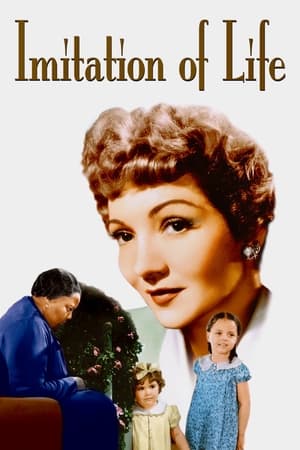 7.0
7.0Imitation of Life(en)
A struggling widow and her daughter take in a black housekeeper and her fair-skinned daughter. The two women start a successful business but face familial, identity, and racial issues along the way.
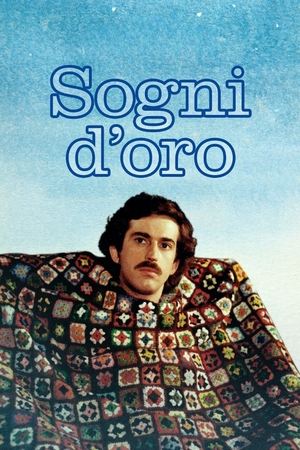 7.1
7.1Sweet Dreams(it)
Michele criticizes the film industry and its inhabitants, and is particularly embattled with a Neapolitan director making a musical about the 1968 student demonstrations. At the same time, Michele has a creative block and struggles to finish his film titled "Freud’s Mother." Nanni Moretti’s self-inquiry into filmmaking, political ennui, and men’s relations with their mothers.
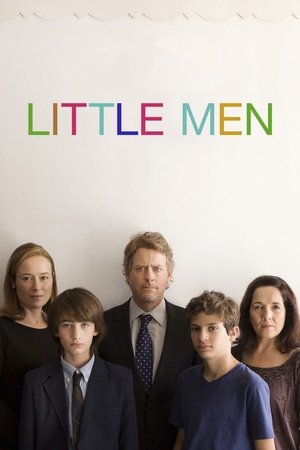 6.5
6.5Little Men(en)
Jake is a quiet, sensitive middle schooler with dreams of being an artist. He meets the affably brash Tony at his grandfather's funeral, and the unlikely pair soon hit it off. The budding friendship is put at risk, however, when a rent dispute between Jake's father, Brian, and Tony's mother, Leonor, threatens to become contentious.
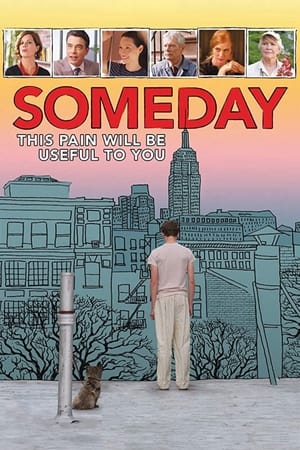 5.6
5.6Someday This Pain Will Be Useful to You(en)
Precocious yet sensitive teenager James has a deep perception of the world but no idea how to live in it. Finding no help from his divorced parents nor his older memoir-writing sister, he decides to reject the beliefs adults try to push on him, starting with the college career that is looming over his last summer in New York, and embarks instead on a search for wisdom through nontraditional means...
 6.6
6.6The September Issue(en)
A documentary chronicling Vogue editor-in-chief Anna Wintour's preparations for the 2007 fall-fashion issue.
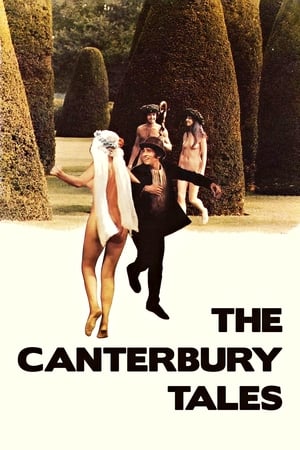 6.2
6.2The Canterbury Tales(it)
Glimpses of Chaucer penning his famous work are sprinkled through this re-enactment of several of his stories.
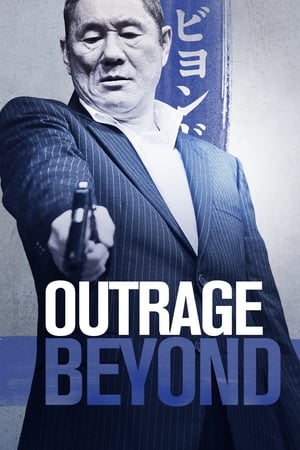 7.0
7.0Beyond Outrage(ja)
As the police launch a full-scale crackdown on organized crime, it ignites a national yakuza struggle between the Sanno of the East and Hanabishi of the West. What started as an internal strife in Outrage has now become a nationwide war in Outrage Beyond.
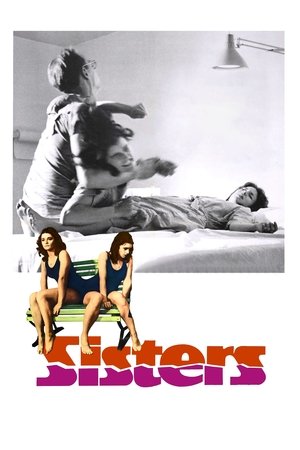 6.7
6.7Sisters(en)
Inquisitive journalist Grace Collier is horrified when she witnesses her neighbor, fashion model Danielle Breton, violently murder a man. Panicking, she calls the police. But when the detective arrives at the scene and finds nothing amiss, Grace is forced to take matters into her own hands. Her first move is to recruit private investigator Joseph Larch, who helps her to uncover a secret about Danielle's past that has them both seeing double.
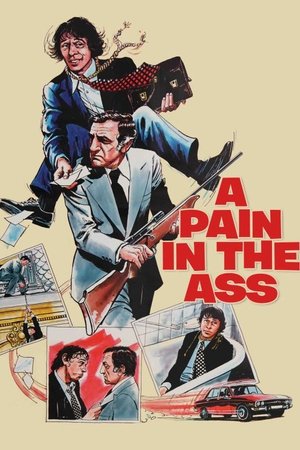 7.1
7.1A Pain in the Ass(fr)
Ralf Milan, a hitman, arrives in Montpellier to kill an important witness. He checks in a hotel without knowing that his neighbour has become neurotic after his wife left him.
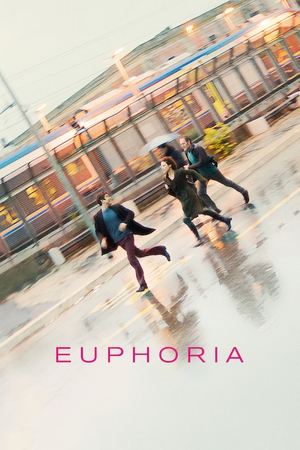 6.5
6.5Euphoria(it)
Matteo is a young successful businessman, audacious, charming and energetic. Ettore instead, is a calm, righteous, second grade teacher always living in the shadows, still in the small town from where both come from. They’re brothers but with two very different personalities. A dramatic event will force them to live together in Rome for a few months, bringing up the opportunity to face their differences with sympathy and tenderness, in a climax of fear and euphoria.
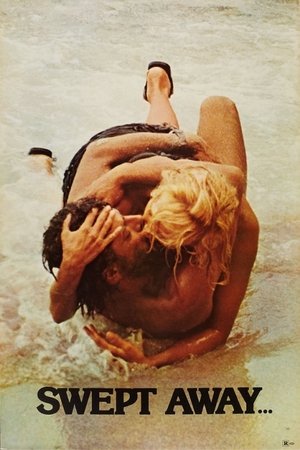 7.5
7.5Swept Away(it)
A spoiled rich woman and a brutish Communist deckhand become stranded alone on a desert island after venturing away from their cruise.
Similar Movies
The Pink Room(en)
After selling herself at fourteen to a brothel inside her home town of Svay Pak, Mien takes an undesired path all over Cambodia for the remainder of her teenage life. At twenty, her path crosses with a group of people fighting to make a difference, bringing her long and onerous journey back to face where it all began. The Pink Room is an intertwined story of the heart-rending, epic battle to end sex slavery, from rescue to prevention, and experiencing first hand, the need to change not just individuals, but the communities they come from. Most documentaries on trafficking only bring awareness to the problem. This film bring awareness to the solutions.
 6.8
6.8Born Into Brothels: Calcutta's Red Light Kids(en)
Documentary depicting the lives of child prostitutes in the red light district of Songachi, Calcutta. Director Zana Briski went to photograph the prostitutes when she met and became friends with their children. Briski began giving photography lessons to the children and became aware that their photography might be a way for them to lead better lives.
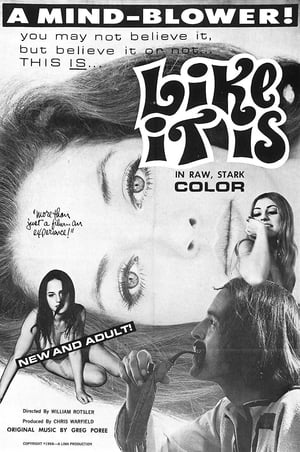 5.3
5.3Like It Is(en)
This documentary on the "youth movement" of the late 1960s focuses on the hippie pot smoking/free love culture in the San Francisco Bay area.
Stuttgart Shanghai(en)
A young pair from Stuttgart fly to Shanghai to hop aboard the textile business of his father while she prepares for the birth of their son. A story about the ever more common movement of Germans into the East for professional gain.
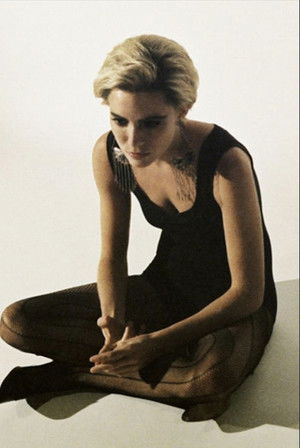 0.0
0.0The Real Edie(en)
A documentary about Edie Sedgwick featuring photos of her and clips from Factory Girl, narrated by her real-life friends and loved ones, including her brother Jonathan, cousin John Sedgwick, roommate Danny Fields, artists Richie Berlin and Gerard Malanga, photographer Nat Finkelstein, designer Betsey Johnson, and others.
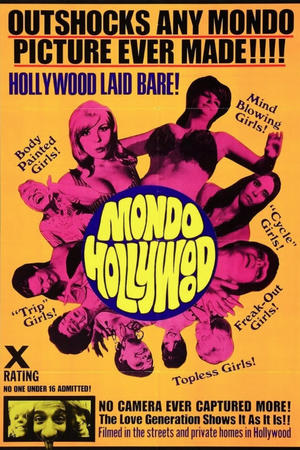 5.3
5.3Mondo Hollywood(en)
Long considered a cult classic, "Mondo Hollywood" captures the underside of Hollywood by documenting a moment in time (1965-67), when an inquisitive trust in the unknown was paramount, hope for the future was tangible and life was worth living on the fringe. An interior monologue narrative approach is used throughout the film, where each principal person shown not only decided on what they wanted to be filmed doing, but also narrated their own scenes. The film opens with Gypsy Boots (the original hippie vegan - desert hopping blender salesman), and stripper Jennie Lee, working out 'Watusi-style' beneath the 'Hollywood' sign -- leading into the 'sustainable community' insight of Lewis Beach Marvin III, the S&H Green Stamp heir, who lived in a $10 a month garage while owning a mountain retreat in Malibu.
Tin Tan(en)
Germán Cipriano Gómez Valdés Castillo, a young radio announcer from Cuidad Juárez, succeeds in drawing attention to the pachuco movement through his character Tin Tan, laying the groundwork for a new form of binational and mass linguistic expression: Spanglish. He soon became a leading figure in theater and film on the American Continent. Singled out by critics as a destroyer of the language, he quickly won the approval of the public. His ability to improvise revolutionized the film industry. His talent as an actor, singer, dancer and comedian contributed to the Golden Age of Mexican Cinema. From El Hijo Desobediente to Capitán Mantarraya, from Cuidad Juárez to Havana, from mambo to rock, the legacy of Tin Tan makes him one of the great icons of Mexico today. This film tells his story as it has never been told before.
 10.0
10.0Countdown to Eternity(en)
Bible expert Bill Gallatin explores biblical prophecies from the Book of Revelation that have transpired, with a discussion of whether these events signify that we are now living in the End Times preceding the return of Jesus Christ. Gallatin touches on events such as the increasingly acute difficulties in the Middle East, numerous environmental catastrophes, earthquakes and more, explaining how they connect to scriptural writings.
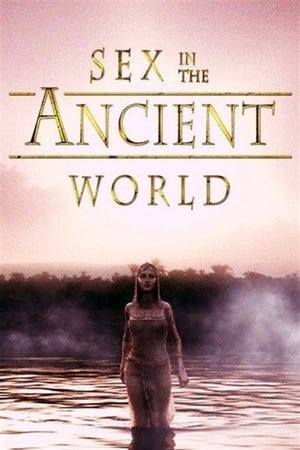 6.0
6.0Sex in the Ancient World(en)
In the beginning was sex. To the ancient cultures, sexuality, love and sex were inextricably connected with the creation of the earth, the heavens and the underworld. To the citizens of the ancient civilizations that gave birth to ours, sensuality and sexuality were an integral part of society. This series exploration of Egyptian and Roman sexual practice allows viewers the opportunity to see how attitudes and beliefs about sexuality functioned in the early civilizations, and how those attitudes reveal the unspoken rules that defined public and private behavior. Episodes cover human sex and sexuality from a historical perspective, and examines in detail different texts and images which provide us with evidence about sexual practices, beliefs and ideologies in the ancient world – from erotica on pots to legal texts, phallic votive objects, fertility ceremonies, prostitution, female and hermaphroditic creator deities, from religious rituals to sex manuals.
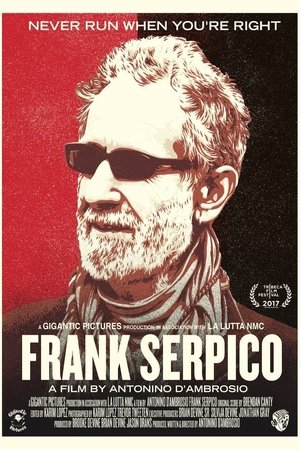 6.2
6.2Frank Serpico(en)
In 1972, officer Frank Serpico exposes the corruption which poisons the roots of the NYPD and becomes famous in 1973 when director Sidney Lumet tells his story in the classic film “Serpico,” starring Al Pacino.
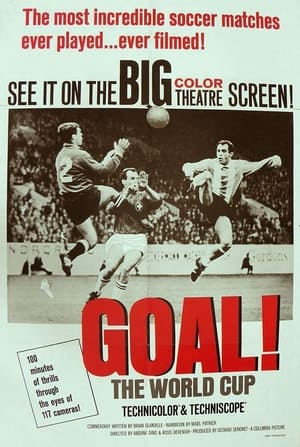 7.5
7.5Goal!(en)
This entertaining documentary of the World Cup Soccer tournament of 1966 follows the 15 countries competing for the sport's most coveted prize. Nigel Patrick narrates, with commentary provided by Brian Glanville. The executive producer spent $336,000 on the production and used 117 cameras to record nearly 48 hours worth of action. Four editors were employed to created the final 108-minute feature.
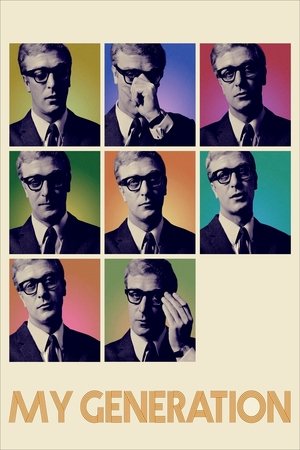 7.1
7.1My Generation(en)
The vivid and inspiring story of British film icon Michael Caine's personal journey through 1960s swinging London.
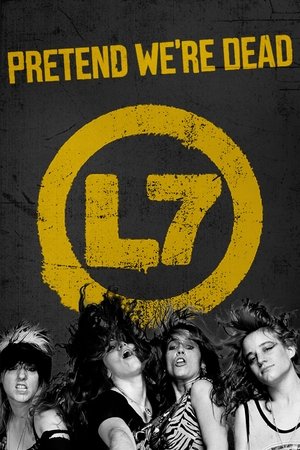 7.0
7.0L7: Pretend We're Dead(en)
A real time journey witnessing the rise, fall, and ultimate redemption of the fierce feminist pioneers of American grunge punk: L7.
 7.0
7.0Coded Bias(en)
Exploring the fallout of MIT Media Lab researcher Joy Buolamwini's startling discovery that facial recognition does not see dark-skinned faces accurately, and her journey to push for the first-ever legislation in the U.S. to govern against bias in the algorithms that impact us all.
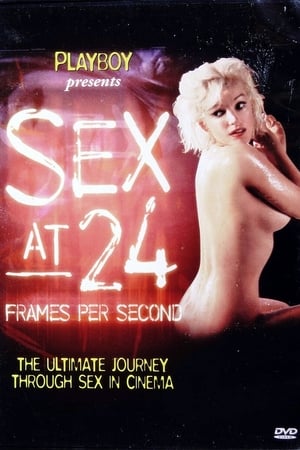 5.2
5.2Sex at 24 Frames Per Second(en)
Examines the relationship between sex, women, and the role of female sexuality in popular Hollywood culture, focusing on Marilyn Monroe, Jayne Mansfield, Jean Harlow, and Sharon Stone.
 6.0
6.0Chicago 10(en)
Archival footage, animation and music are used to look back at the eight anti-war protesters who were put on trial following the 1968 Democratic National Convention.
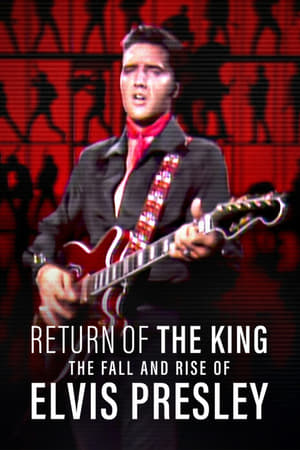 7.2
7.2Return of the King: The Fall and Rise of Elvis Presley(en)
He had one chance to show the world he was still the King of Rock 'n' Roll. Discover the story behind Elvis Presley's triumphant '68 comeback special.
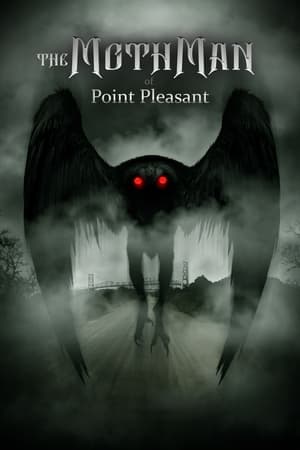 5.4
5.4The Mothman of Point Pleasant(en)
Learn the terrifying, true story about thirteen months that changed history! In November of 1966 a car full of kids encountered a creature unlike anything they'd ever seen before. In the weeks and months to follow, the monster – now known as The Mothman – was sighted again and again on country roads and around the state of West Virginia.
 5.1
5.1Hollywood Rated 'R'(en)
A roller-coaster ride through the history of American exploitation films, ranging from Roger Corman's sci-fi and horror monster movies, 1960s beach movies, H.G. Lewis' gore-fests, William Castle's schlocky theatrical gimmicks, to 1970s blaxploitation, pre-"Deep Throat" sex tease films, Russ Meyer's bosom-heavy masterpieces, etc, etc. Over 25 interviews of the greatest purveyors of weird films of all kind from 1940 to 1975. Illustrated with dozens of films clips, trailers, extra footage, etc. This documentary as a shorter companion piece focusing on exploitation king David F. Friedman.
 7.8
7.8In the Intense Now(pt)
A personal essay which analyses and compares images of the political upheavals of the 1960s. From the military coup in Brazil to China's Cultural Revolution, from the student uprisings in Paris to the end of the Prague Spring.

